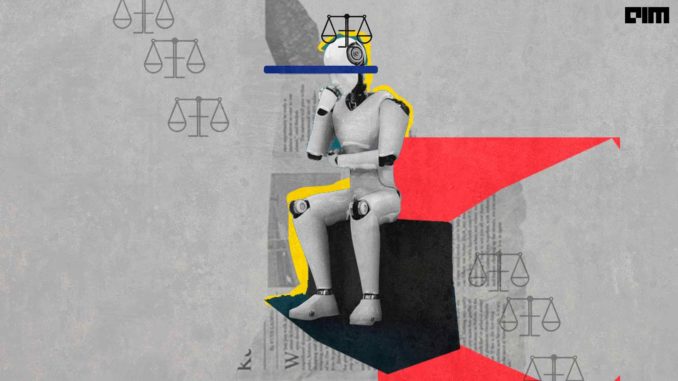
For AI to reach its potential and for society to benefit from it, AI needs to be decentralised, i.e., different stakeholders in the AI community should have equal access to all resources like datasets, compute power and the source codes for different AI models. But that is not the case today.
Today, most of the breakthroughs in the field of AI come from big organisations. AI text-to-image generators such as DALL-E2 and Imagen to Large Language Models (LLM) such as GPT-3, have all come from large organisations.
